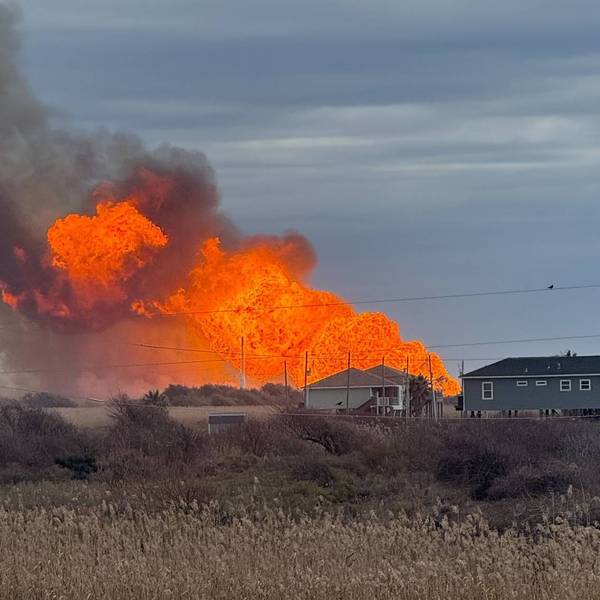One year ago today, I woke up to the images of the fiery crash of an oil train in Lac Megantic, Quebec. At the time, I didn't know how bad it would turn out to be, but I had a sick feeling in my stomach for a couple of reasons.
I had known intellectually that this could happen because I had begun researching oil-by-rail in early 2013. that I had wrote in the months prior to the Lac Megantic tragedy detailed how safety experts had been warning about the possibility of catastrophic accidents for over 20 years and asked the question:
I had known intellectually that this could happen because I had begun researching oil-by-rail in early 2013. One of the blogs that I had wrote in the months prior to the Lac Megantic tragedy detailed how safety experts had been warning about the possibility of catastrophic accidents for over 20 years and asked the question:
If the Prime Minister is concerned over the safety of moving oil by rail, will he require companies moving hazardous products like crude oil or bitumen (and other toxic products) to avoid using DOT-111 tanker cars? Or is he willing to cut corners on safety in order to get oil to market, no matter what the cost?
It is, however, one thing to know that something is possible and quite another to see it happen. Faced with the images of exploding rail cars - even before the reports of the numbers of deaths came in - left me asking what more I could or should have done.
There was also a more personal aspect. Through my research I had learned to recognize the oil trains and had noticed the ever-increasing numbers of oil trains trundling across my street, a half-block from my house. Some mornings I had to wait with my kids for those crude-laden cars to pass, as we have to cross the tracks to get to their school so this was an issue that literally hit close to home.
And not just for me.
Rail lines cut through the hearts of our communities right across the country and the amount of oil they carry is skyrocketing, rising from 500 carloads per year in 2009 to 500 carloads per day by the end of 2013.
The math is pretty simple: the more oil that is on the rails, the greater the chance of an accident. And whereas there used to be a few carloads of crude oil mixed into a train carrying other goods, we now have mile-long trains carrying nothing but oil so that if there is a derailment, there can be a chain reaction.
You would think that the 47 deaths in Lac Megantic would bring about big changes in rail safety. But the federal government - the only level of government that can regulate what moves on rail lines - has treated this primarily as a public relations problem rather than a public safety problem.
For example, the fed did move quickly to codify some commons sense measures like making it a requirement that rail employees lock the door to the locomotive if they are leaving the train unattended. But as revealed in documents we obtained under Access to Information legislation, the government gave in to industry lobbying and removed the (safer, but more expensive) requirement that oil trains have someone in attendance at all times.
We also got our hands on internal government memos showing that the Harper government was so fixated on getting oil to market cheaply, that they ignored safety warnings from their own experts. And we publicized the behind-the-scenes discussions between the feds, CN Rail and the oil company Nexen about a plan to ship 700 carloads per day of oil through northern British Columbia -- a project that could match the capacity of the proposed Northern Gateway pipeline, but without a comparable public review process.
These revelations illustrate how the federal government is putting oil and rail company profits ahead of public safety.
There has been some action. In April, the federal government announced that the use of pre-2011 DOT-111 rail cars to transport hazardous liquids must be phased out by 2017, and that better emergency response plans need to be in place in the event of an accident. It is important to note, however, that the Canadian Transportation Safety Board has said that the post-2011 DOT-111 design is also not safe enough for the transport of hazardous liquids like crude oil and there is no timeline for taking them off the rails.
We have been arguing for over a year (for examples, see here and here, and most recently here) that the government should ban the transport of oil in these unsafe cars immediately. Yet the feds continue to allow the construction of new oil-by-rail loading and unloading facilities, even though they know that the cars that will be travelling to and from these facilities are unsafe.
The government and the oil justify this by saying that oil must get to market, so we must choose between new pipelines or increased oil-by-rail.
The real choice, however, is between clean and dirty energy. Rather than irresponsibly ramping up production in the tar sands, we should be investing in livable cities, great public transit and transitioning to efficient, electric vehicles that together will break our addiction to oil.



